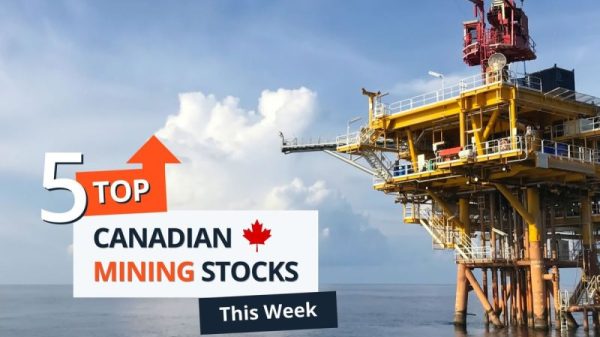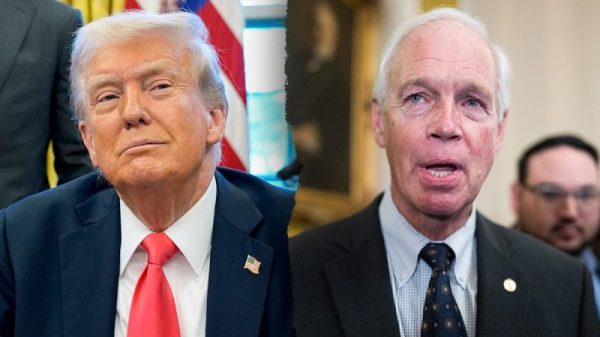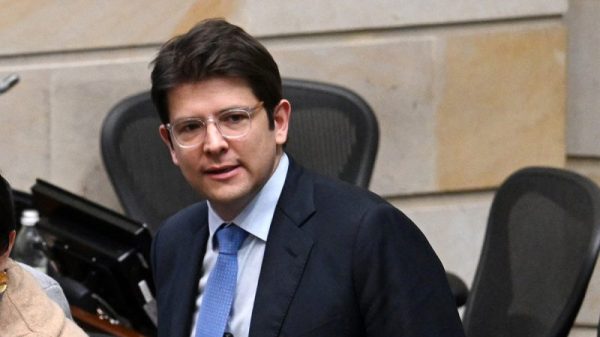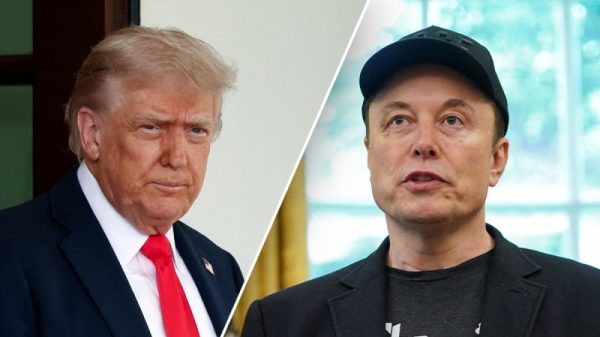If you’ve been on YouTube lately, you might have come across someone claiming wind and solar energy don’t work, that rising sea levels will help coral reefs flourish, or that climate scientists are corrupt and alarmist.
These are all false and misleading statements taken from a handful of thousands of YouTube videos analyzed by the nonprofit Center for Countering Digital Hate (CCDH), which has identified a stark change in the tactics of climate deniers over the past few years.
Where once climate deniers would outright reject climate change as a hoax or scam, or claim that humans were not responsible for it, many are now shifting to a different approach, one which attempts to undermine climate science, cast doubt on climate solutions and even claim global warming will be beneficial at best, harmless at worst.
The past five years have seen a “startling” rise in this “new denial,” according to a CCDH analysis published Tuesday, which also suggests this shift in narrative could also be helping YouTube video creators circumvent the social media company’s ban on monetizing climate denial.
Researchers gathered transcripts from more than 12,000 videos posted between 2018 and 2023 across 96 YouTube channels that have promoted climate denial and misinformation. Transcripts were analyzed by artificial intelligence to categorize the climate denial narratives used as either “old denial” or “new denial.”
“New denial” content — attacks on solutions, the science and the climate movement — now makes up 70% of all climate denial claims posted on YouTube, according to the report, up from 35% in 2018.
Classic “old denial” claims that global warming isn’t happening declined from 48% of all denial claims in 2018 to 14% in 2023, the report found. Claims that climate solutions won’t work, however, soared from 9% to 30% over the same period.
Imran Ahmed, chief executive officer and founder of CCDH, said the report in some ways is a story of success.
But, he added, it’s also a huge warning. “Now that the majority of people recognize old climate denial as counterfactual and discredited, climate deniers have cynically concluded that the only way to derail climate action is to tell people the solutions don’t work.”
“This new climate denial is no less insidious,” Ahmed said, “and it could hold enormous influence over public opinion on climate action for decades to come.”
It’s particularly worrying because of the young demographic attracted to YouTube, according to the CCDH. A December survey from Pew Research Center found YouTube to be the most widely used social media platform it analyzed among 13- to 17-year olds, used by roughly nine in 10 of them.
“Climate deniers now have access to vast global audiences through digital platforms,” Charlie Cray, senior strategist at Greenpeace, said in a statement. “Allowing them to steadily chip away at public support for climate action — especially among younger viewers — could have devastating consequences for the future of our planet.”
The shift in tactics to undermine climate action could also help creators get around YouTube’s policy banning them from making money on climate denial content, the report suggests. In 2021, the company prohibited advertising against content that “contradicts well-established scientific consensus around the existence and causes of climate change.”
Yet YouTube is potentially making up to $13.4 million a year from ads on videos the report found to contain climate denial, according to the CCDH’s calculations, including ads from prominent sportswear companies, hotels and international nonprofits.
“There aren’t many companies that would be happy about seeing their advertising appear next to clear climate denial content,” Ahmed said. “And I imagine they will be furious to find out that they are inadvertently funding climate denial content.”
However, the spokesperson added, “when content crosses the line to climate change denial, we stop showing ads on those videos. We also display information panels under relevant videos to provide additional information on climate change and context from third parties.”
YouTube said its enforcement teams work quickly to review videos that may potentially violate policies, then act on them.
The company said that after reviewing the CCDH report, it found some of the videos included did violate existing climate change policies and has since removed ads from them. However, it also said the majority of the videos in the analysis did not breach their policies.
Michael Mann, a leading climate scientist at the University of Pennsylvania who has studied the narrative shift in climate denial, said the findings were “disturbing.”
Ahmed called on Google to boost its policies to deal with “new denial” content. “We’re asking Google to extend their ban on monetization and amplification of ‘old denial’ content to include ‘new denial’ as well,” Ahmed said, adding that other social media companies should also take note of the report’s findings.
“We’re asking other platforms that claim to be green in one breath not to profit from, to revenue share, and therefore, reward or to amplify clear climate denial content that contradicts scientific consensus,” Ahmed added. “You can’t claim to be green but then be the world’s biggest megaphone for climate change-related disinformation.”







































